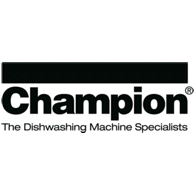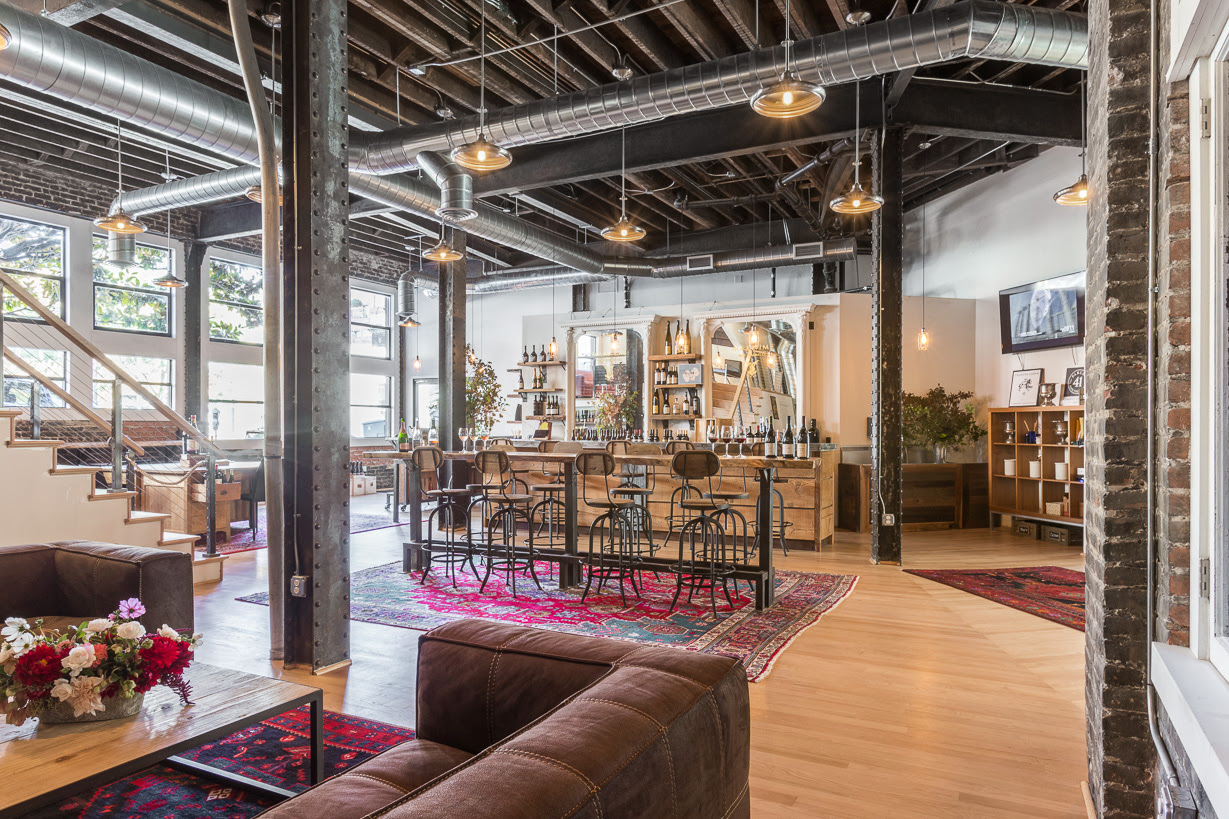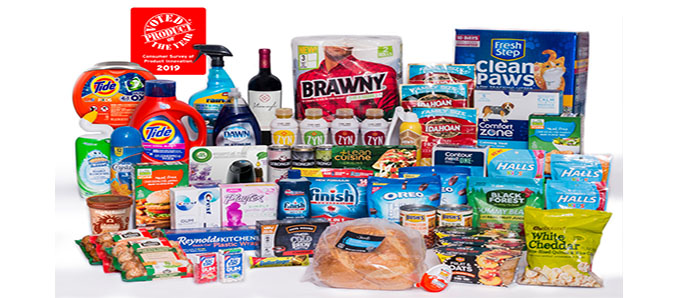Coffee is probably one of the most loved and consumed drinks in the world. People are adamant about having their brew in the morning; they’ll even go to the length of enduring a bad batch. But what’s the reason the quality is off whether you make it or you buy it at your favorite café. It could be –
Crafting the Perfect Cup: Every Element Matters
- The beans
- Quality of the water
- Equipment malfunction
Supremely enthusiastic coffee connoisseurs engage in roasting beans themselves. It gives greater control over the outcome to the person who will indulge. Most who love the drink to this extent prefer preparing it instead of buying from someone else who did the work. Unfortunately, even a person who finds themselves an expert on the topic can run into an unforeseen problem. Open this link to find out how to make a bitter cup taste better.
Why Does Your Coffee Taste Bad?
Many things can attribute to a bad cup of Joe. If you’re relatively new to preparing, your technique is not necessarily the problem, but more so selecting the best quality beans, the right equipment for grinding/roasting, or even the quality of your water.
That can be the case even for a seasoned pro. Each element needs to fall into place and work cohesively to create what will be the perfect cup. If any one of these is lacking, the beverage will be too. Some reasons your coffee tastes bad include:
** The Beans Are Not Of Quality
Coffee bean quality is the most vital component for an optimum roast. It can be a challenge to merely look at these to determine whether they’re of a high standard. Once ground, there is a shelf life for the resultant roast. The flavor begins to dissipate once the process is complete, and the product goes into storage.
When roasting, carbon dioxide develops in the beans. While packaged, the roasted products “degas” the longer they go without use and based on how you store them. Even with adequate storage, continual oxidation of the essential oils and released gasses does affect the flavor.
Only buy as much as you plan to use in a specific period, approximately two weeks. For coffee already roasted, find the roast date on the packaging instead of looking for an expiration date.
** The Roasting Is Poor
You might put forth an honest effort when roasting what are the
most popular coffee beans, but it could still result in bad coffee. More user-friendly equipment is available with advanced technologies, but it is a complex process that needs a consistent temperature and an adequate atmosphere. That means almost expert equipment.
But even if you do everything 100% with the ideal machinery, it doesn’t mean it will always be perfect. Even industrial roasters have moments when the beans don’t process consistently. That’s especially true if you buy from the market. Whether you buy the same brand each time, the quality won’t always match.
** The Water Is A Problem
While your tap water tastes okay to you when you drink from it, the particles contained in it can hugely affect the flavor of the coffee. Unknown elements blended into your coffee grounds contributes to the final taste of the product. That makes sense. These are additives, if you will, perhaps, contaminants, changing the consistency.
A good idea for any homeowner not simply because of making coffee but before drinking water from your tap is to have the water tested to ensure there are no contaminants. You need assurances that the particles taken into your body are not harmful or creating any health risks.
Read Also: F & B highlights essential restaurant food storage guidelines
Final Thought
One thing most of us are guilty of is not tending to the equipment as we should. Whether you are a roaster or merely have a coffee maker and buy your roasts from the market, the machinery needs cleaning regularly and thoroughly if you want a fresh, flavorful cup of coffee. Find out how to make the perfect cup at https://www.insider.com/how-to-make-best-coffee-of-your-life-2018-8?amp=.
These are merely a few reasons why your morning cup is less than ideal. More in-depth explanations can contribute to lousy java like the type of beans such as robusta. Many will report these create poor coffee. But that’s a matter of personal preference and how much caffeine you like.
The fact remains no matter how great you become at detecting good beans, roasting them with the best equipment, or developing savvy as a buyer, there will always be moments when the coffee is just off.







